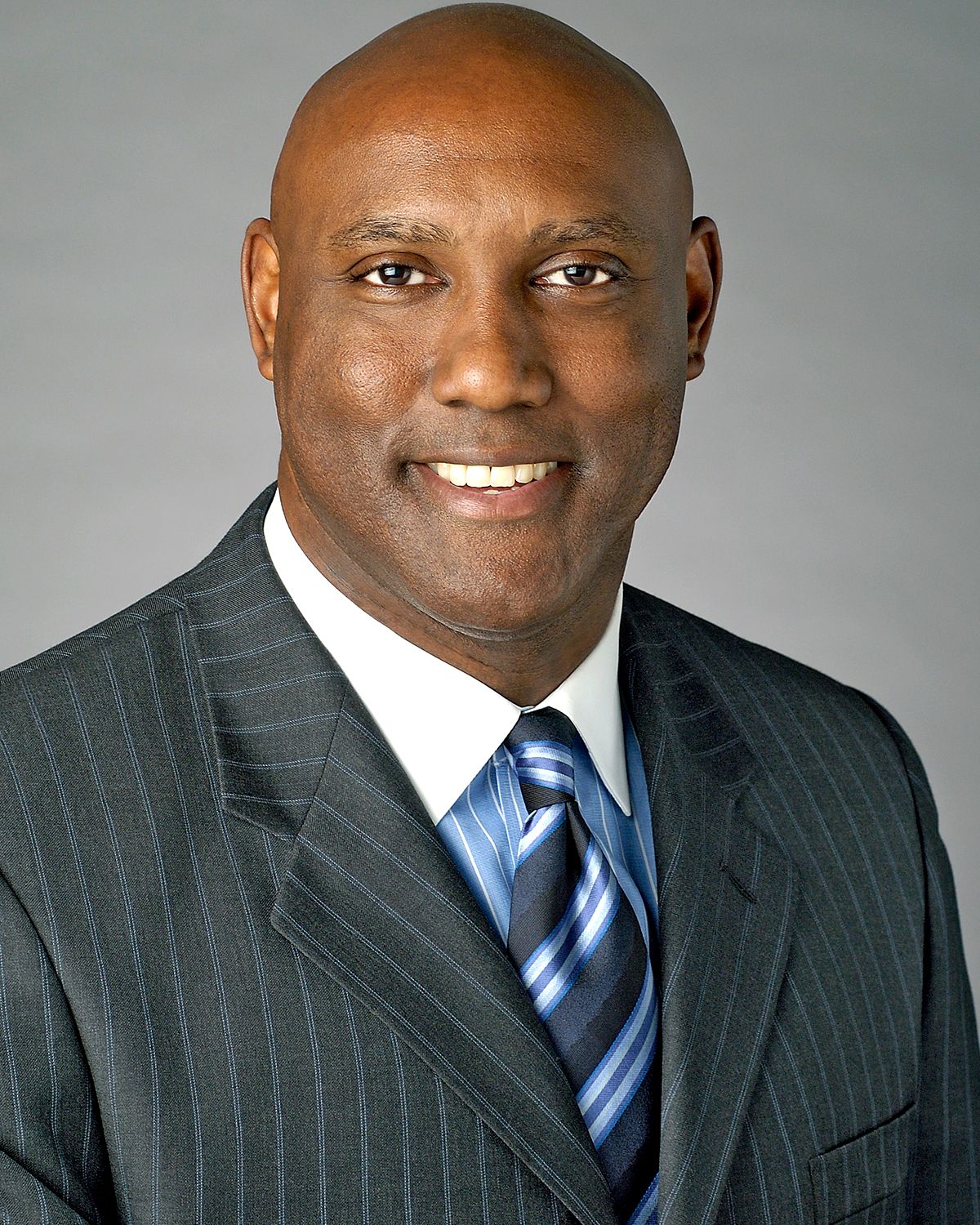The American College of Financial Services teaches applied financial knowledge and education, meaning the curriculum focuses on the technical aspects of financial planning and investment management rather than economic theory.
As the first Black president of the American College, George Nichols III uses that same approach to bring aspiring financial professionals from underserved communities into leadership positions throughout the industry.
Nichols spearheaded the launch of the American College’s Center for Economic Empowerment and Equality in the wake of nationwide protests sparked by the murder of George Floyd. While plenty of companies pledged to recruit more Black employees or do more business in Black neighborhoods, Nichols felt there weren’t enough concrete plans for how to accomplish those goals. He crafted a “Four Steps Forward” plan to help promote upward mobility and wealth creation in Black America.
The first step was to help the financial services industry better understand the Black community. The center’s research found that 87% of single parents in the Black community are women, as are 64% of college graduates and more than 60% of breadwinners.
“Women are the gatekeepers of the Black community,” Nichols said. After more research into working Black women and their level of trust in financial services, step two of the plan was to recruit more Black women into financial services.
Step three was to get more Black professionals into leadership positions at financial services firms, so Nichols launched a Black Executive Leadership program to give students the chance to learn the skills needed to succeed from other Black professionals who had made it to the C-suite.
“We’ve had rave reviews because it is so raw,” Nichols said, who has shared his experience as not just the first Black president of The American College but also the first Black insurance commissioner for the state of Kentucky. “We really want people to come as their authentic self and share in a safe environment, and then come up with solutions.”
The fourth step has been to create a collaborative approach to DEI across financial services by helping other firms understand that addressing the wealth gap is a $1 trillion opportunity. The industry is filled with people who create successful business strategies, and Nichols believes those same people can collaboratively figure out how to better serve Black investors.
“This is not a giveaway. This is not a social program,” Nichols said. “This is an economic perspective. Growth in the Black community is going to help everybody.”
— Ryan W. Neal

